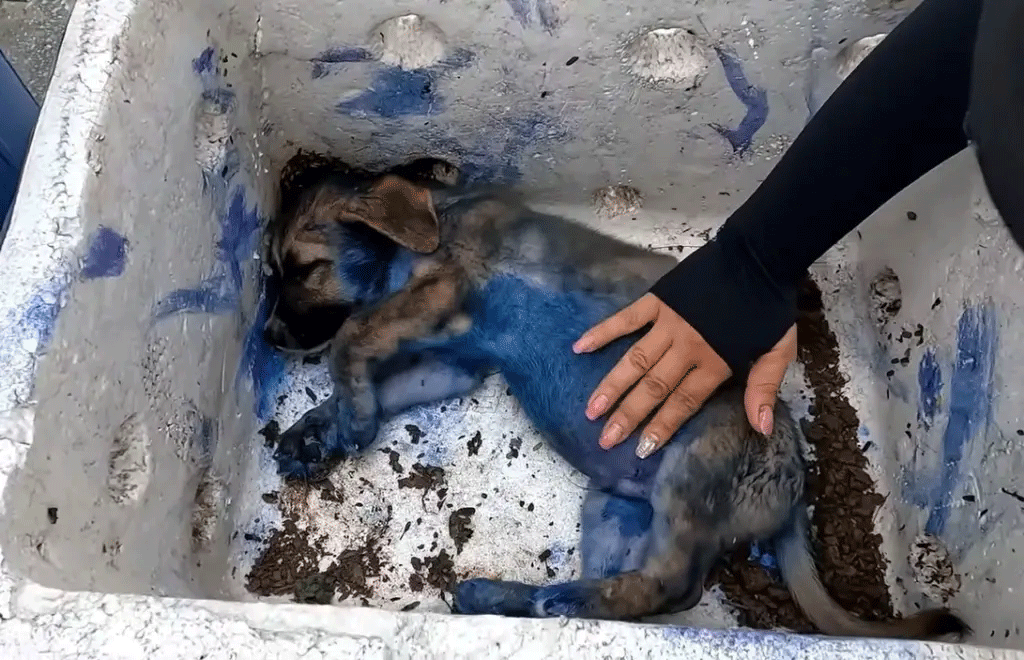Can Dogs Eat Peaches? – What Every Pet Owner Should Know

Peaches are a popular and delicious fruit enjoyed by many, especially during the summer months. As a pet owner, you may be wondering whether you can share this juicy treat with your canine companion. While some fruits can be safe and nutritious for dogs, others may pose health risks. In this article, we will explore whether peaches are safe for dogs to eat, the potential risks involved, and how to safely incorporate peaches into your dog’s diet.
Are Peaches Safe for Dogs To Eat?

Yes, dogs can eat peaches, but in moderation and with some precautions. The flesh of a ripe peach is safe for dogs to consume and can offer a sweet and refreshing treat. However, there are some risks associated with feeding peaches to your dog, so it’s essential to be aware of these potential hazards.
Risks of Feeding Peaches to Dogs
Feeding peaches to your dog can pose some risks, including:
- Cyanide Poisoning: The pits (or stones) of peaches contain cyanide, a toxic compound that can be harmful to dogs if ingested. Ingesting a peach pit can lead to cyanide poisoning, which can cause symptoms such as difficulty breathing, dilated pupils, and red mucous membranes.
- Choking Hazard: Peach pits are hard and can pose a choking hazard to dogs. Ingesting a pit can also lead to blockages in the digestive tract, which may require emergency veterinary treatment.
- High Sugar Content: Peaches are naturally high in sugar, which can lead to digestive upset, obesity, and dental issues in dogs if consumed in large quantities.
- Allergic Reactions: While rare, some dogs may have allergies to peaches, resulting in symptoms such as itching, skin irritations, and gastrointestinal upset.
How to Safely Feed Peaches to Your Dog
If you decide to offer peaches to your dog, follow these guidelines to ensure their safety:
- Remove the Pit: Always remove the peach pit before giving your dog any peach flesh. The pit can be a choking hazard and contains toxic cyanide.
- Cut Into Small Pieces: Cut the peach flesh into small, manageable pieces to prevent choking.
- Serve Fresh and Ripe: Only offer your dog fresh, ripe peaches. Avoid feeding canned peaches, as they often contain added sugars and preservatives.
- Moderation is Key: Offer peaches to your dog in moderation, as a treat rather than a staple of their diet. Too much peach can lead to an upset stomach or other health issues.
Signs of Cyanide Poisoning in Dogs

If your dog accidentally ingests a peach pit, it’s important to monitor them closely for signs of cyanide poisoning:
- Difficulty breathing
- Dilated pupils
- Red mucous membranes
- Vomiting
- Diarrhea
- Collapse
- Seizures
If you notice any of these symptoms, seek immediate veterinary care for your dog.
Safe Fruit Alternatives for Dogs
If you’re looking for safe and nutritious fruit alternatives to offer your dog, consider these options:
- Blueberries: Blueberries are low in calories and rich in antioxidants. They make for a tasty and healthy treat for dogs.
- Apples: Apples are a good source of vitamins A and C and fiber. Be sure to remove the seeds and core before feeding apples to your dog.
- Bananas: Bananas are rich in potassium and fiber. They make for a sweet and healthy treat when given in moderation.
- Raspberries: Raspberries are low in sugar and calories, making them a great choice for dogs. They also contain antioxidants and fiber.
- Strawberries: Strawberries are packed with vitamins and antioxidants. They can be served fresh or frozen as a refreshing treat for your dog.
Conclusion
In conclusion, while the flesh of a ripe peach is safe for dogs in moderation, there are potential risks associated with feeding peaches to your dog. The pits contain toxic cyanide and pose a choking hazard, while the high sugar content can lead to digestive upset. Always remove the pit and cut the peach flesh into small pieces before offering it to your dog.
If you decide to introduce peaches to your dog’s diet, do so sparingly and observe them for any signs of digestive upset or allergic reactions. If you notice any concerning symptoms, consult your veterinarian.
As a responsible pet owner, it is essential to be mindful of the foods you offer your dog to ensure their safety and well-being. By doing so, you can help your dog enjoy a happy and healthy life.



